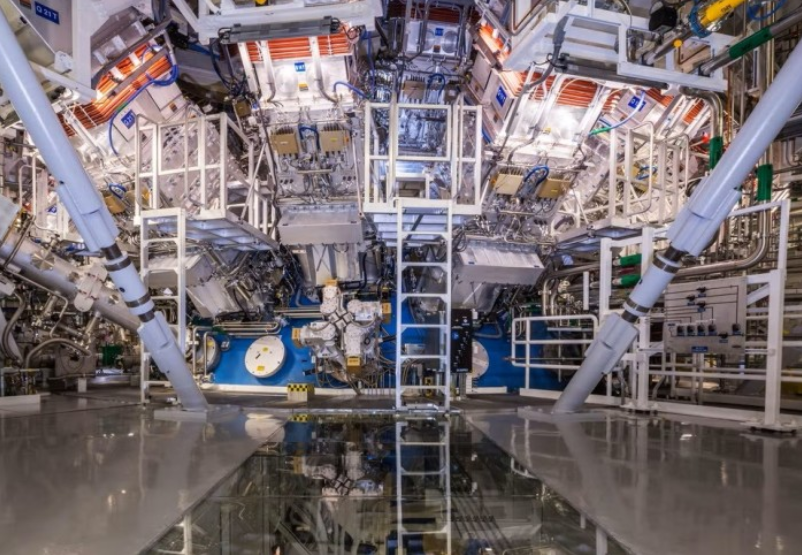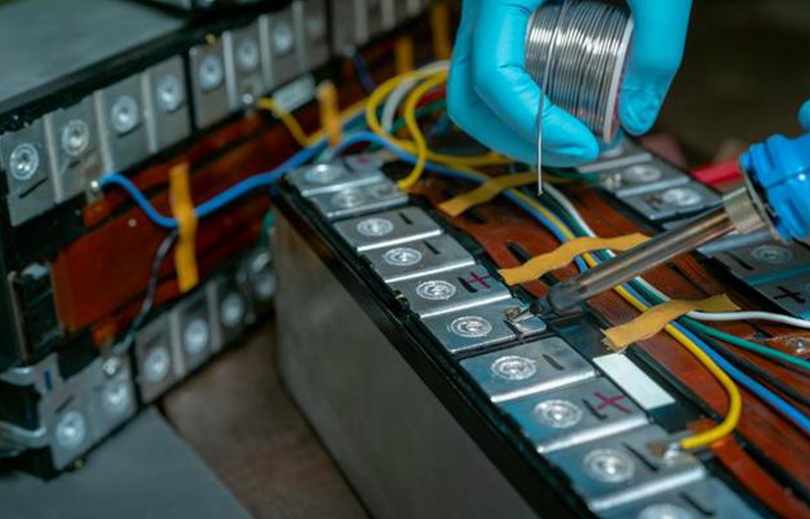Industrial Battery Chargers: Powering Up Efficiency and Productivity
Introduction:
Industrial battery chargers play a crucial role in powering up various types of batteries used in industries. These chargers are designed to efficiently recharge batteries, ensuring uninterrupted power supply to various equipment and machinery. With advancements in technology, industrial battery chargers have become indispensable tools for enhancing efficiency and productivity in the industrial sector. In this article, we will explore the importance of industrial battery chargers and how they contribute to the overall success of industries.
1. The Need for Industrial Battery Chargers:
In industries, batteries are extensively used to power equipment such as forklifts, cranes, and industrial trucks. These batteries require regular charging to maintain their performance and longevity. Industrial battery chargers are specifically designed to meet the high power demands of these batteries and efficiently recharge them. Without proper charging, the batteries may fail, leading to equipment downtime and decreased productivity.
2. Efficiency and Cost-Savings:
Industrial battery chargers incorporate advanced charging algorithms and technologies that ensure efficient charging cycles. These chargers provide the optimum charging voltage and current, which not only speeds up the charging process but also extends the battery life. By charging batteries efficiently, industries can reduce energy consumption, resulting in cost-savings and improved efficiency.
3. Enhanced Productivity:
Uninterrupted power supply is crucial for industries to maintain their productivity. Industrial battery chargers ensure that batteries are always charged and ready to power equipment when needed. With quick charging capabilities, these chargers minimize downtime and eliminate delays caused by battery issues. This leads to increased productivity and smoother operations in industries.
4. Customization and Adaptability:
Industrial battery chargers are available in a wide range of capacities and configurations to suit different battery types and sizes. They can be customized to meet specific charging requirements, ensuring compatibility with different industrial batteries. Additionally, these chargers are designed to adapt to varying voltage and current requirements, making them versatile tools for industries with diverse power needs.
5. Safety and Protection:
Industrial battery chargers prioritize safety during the charging process. They are equipped with built-in safety features to prevent overcharging, overheating, and short circuits. These safety mechanisms not only protect the batteries but also reduce the risk of accidents or damage to equipment. By ensuring the safe and proper charging of batteries, industrial battery chargers contribute to a secure working environment in industries.

6. Remote Monitoring and Maintenance:
Advanced industrial battery chargers are equipped with remote monitoring capabilities, allowing operators to track the charging status and performance of batteries from a central control room. This enables proactive maintenance and early detection of potential battery issues, preventing unexpected failures and optimizing battery performance. Remote monitoring also offers convenience and saves time as it eliminates the need for manual checks on individual batteries.
Conclusion:
Industrial battery chargers are essential tools for industries that rely on batteries to power their equipment. By providing efficient charging, these chargers contribute to enhanced efficiency, cost-savings, and increased productivity. With customization options, adaptability, and safety features, industrial battery chargers ensure the longevity of batteries and create a secure working environment. Additionally, remote monitoring capabilities enable proactive maintenance, minimizing downtime and maximizing the overall performance of batteries. In a rapidly advancing industrial landscape, the importance of industrial battery chargers cannot be overstated in powering up efficiency and productivity.
-
 Power supply and battery charger are two commonly used electronic devices that provide power to various devices. However, despite their similarities, they have distinct differences in terms of their functions, designs, and applications. In this article, we will explore the differences between power supply and battery charger. Function The main function of a power supply is to convert...続きを読む
Power supply and battery charger are two commonly used electronic devices that provide power to various devices. However, despite their similarities, they have distinct differences in terms of their functions, designs, and applications. In this article, we will explore the differences between power supply and battery charger. Function The main function of a power supply is to convert...続きを読む -
 Lithium-ion batteries are widely used in electronic devices such as smartphones, laptops, and electric vehicles due to their high energy density and longer lifespan compared to other battery types. Charging a lithium-ion battery with a power supply is a simple process, but it requires caution to avoid damaging the battery or causing a safety hazard. In this article, we will...続きを読む
Lithium-ion batteries are widely used in electronic devices such as smartphones, laptops, and electric vehicles due to their high energy density and longer lifespan compared to other battery types. Charging a lithium-ion battery with a power supply is a simple process, but it requires caution to avoid damaging the battery or causing a safety hazard. In this article, we will...続きを読む -
 Lithium iron phosphate battery, as an advanced lithium-ion battery technology, has attracted wide attention in the energy field in recent years. It uses lithium iron phosphate (LiFePO?) as the positive electrode material and carbon as the negative electrode material, and has many significant advantages. First of all, lithium iron phosphate battery has high energy density, can store more electricity and...続きを読む
Lithium iron phosphate battery, as an advanced lithium-ion battery technology, has attracted wide attention in the energy field in recent years. It uses lithium iron phosphate (LiFePO?) as the positive electrode material and carbon as the negative electrode material, and has many significant advantages. First of all, lithium iron phosphate battery has high energy density, can store more electricity and...続きを読む -
 Introduction In recent years, there has been a growing demand for efficient and reliable power sources for various applications. One technology that has gained considerable attention is the Lithium Iron Phosphate (LiFePO4) 48V battery. This type of battery offers significant advantages over traditional lead-acid batteries, making it a preferred choice for many industries and sectors. In this article, we...続きを読む
Introduction In recent years, there has been a growing demand for efficient and reliable power sources for various applications. One technology that has gained considerable attention is the Lithium Iron Phosphate (LiFePO4) 48V battery. This type of battery offers significant advantages over traditional lead-acid batteries, making it a preferred choice for many industries and sectors. In this article, we...続きを読む -
 In the wave of energy technology, lithium batteries, with their high energy density, long cycle life and environmental protection characteristics, have become an important support for the development of modern science and technology. The production of lithium batteries is not only an in-depth dialogue between precision technology and material science, but also a vivid interpretation of the concept of green,...続きを読む
In the wave of energy technology, lithium batteries, with their high energy density, long cycle life and environmental protection characteristics, have become an important support for the development of modern science and technology. The production of lithium batteries is not only an in-depth dialogue between precision technology and material science, but also a vivid interpretation of the concept of green,...続きを読む -
 Cars require batteries to provide the electrical energy needed to start the engine, power the lights, and operate various electronic components. Starter batteries serve as an essential component in automotive starting systems, enabling the engine to crank up and start quickly and reliably. Choosing the right starter battery supplier is crucial for the optimal performance, safety, and longevity of a...続きを読む
Cars require batteries to provide the electrical energy needed to start the engine, power the lights, and operate various electronic components. Starter batteries serve as an essential component in automotive starting systems, enabling the engine to crank up and start quickly and reliably. Choosing the right starter battery supplier is crucial for the optimal performance, safety, and longevity of a...続きを読む -
 Lithium batteries have revolutionized the way we power our devices, from smartphones to electric vehicles. Among the various types of lithium batteries available, the lithium iron phosphate (LiFePO4) battery stands out for its enhanced longevity and superior performance. In this article, we will delve into the capabilities and advantages of a 100Ah LiFePO4 lithium battery. LiFePO4 batteries are known...続きを読む
Lithium batteries have revolutionized the way we power our devices, from smartphones to electric vehicles. Among the various types of lithium batteries available, the lithium iron phosphate (LiFePO4) battery stands out for its enhanced longevity and superior performance. In this article, we will delve into the capabilities and advantages of a 100Ah LiFePO4 lithium battery. LiFePO4 batteries are known...続きを読む

